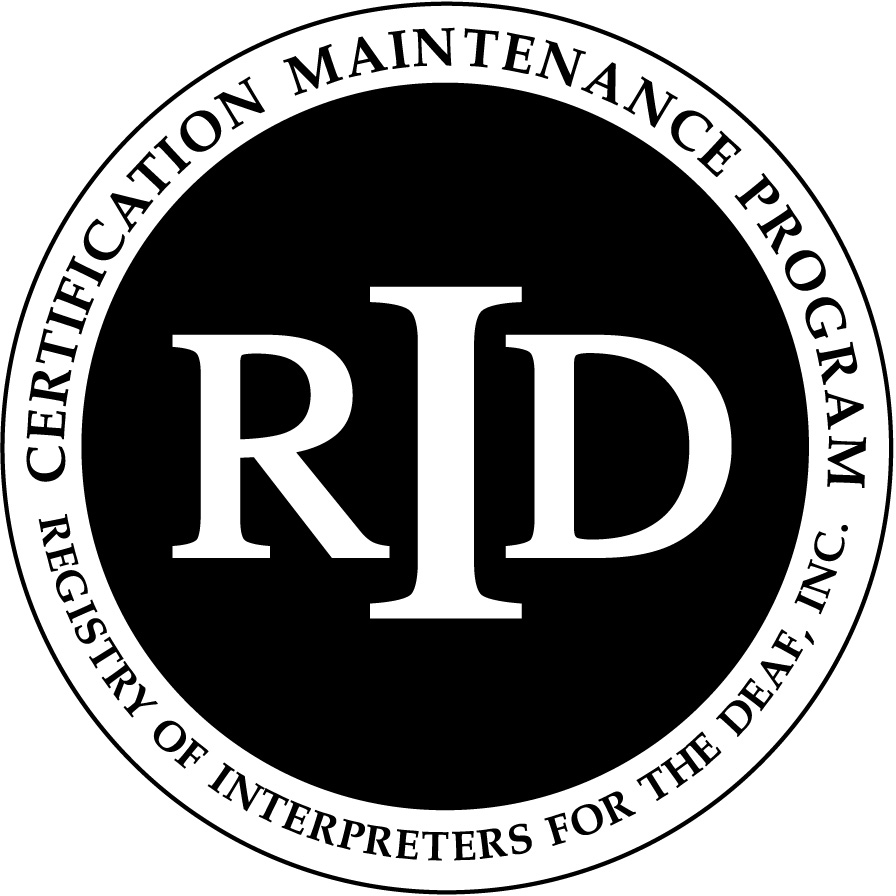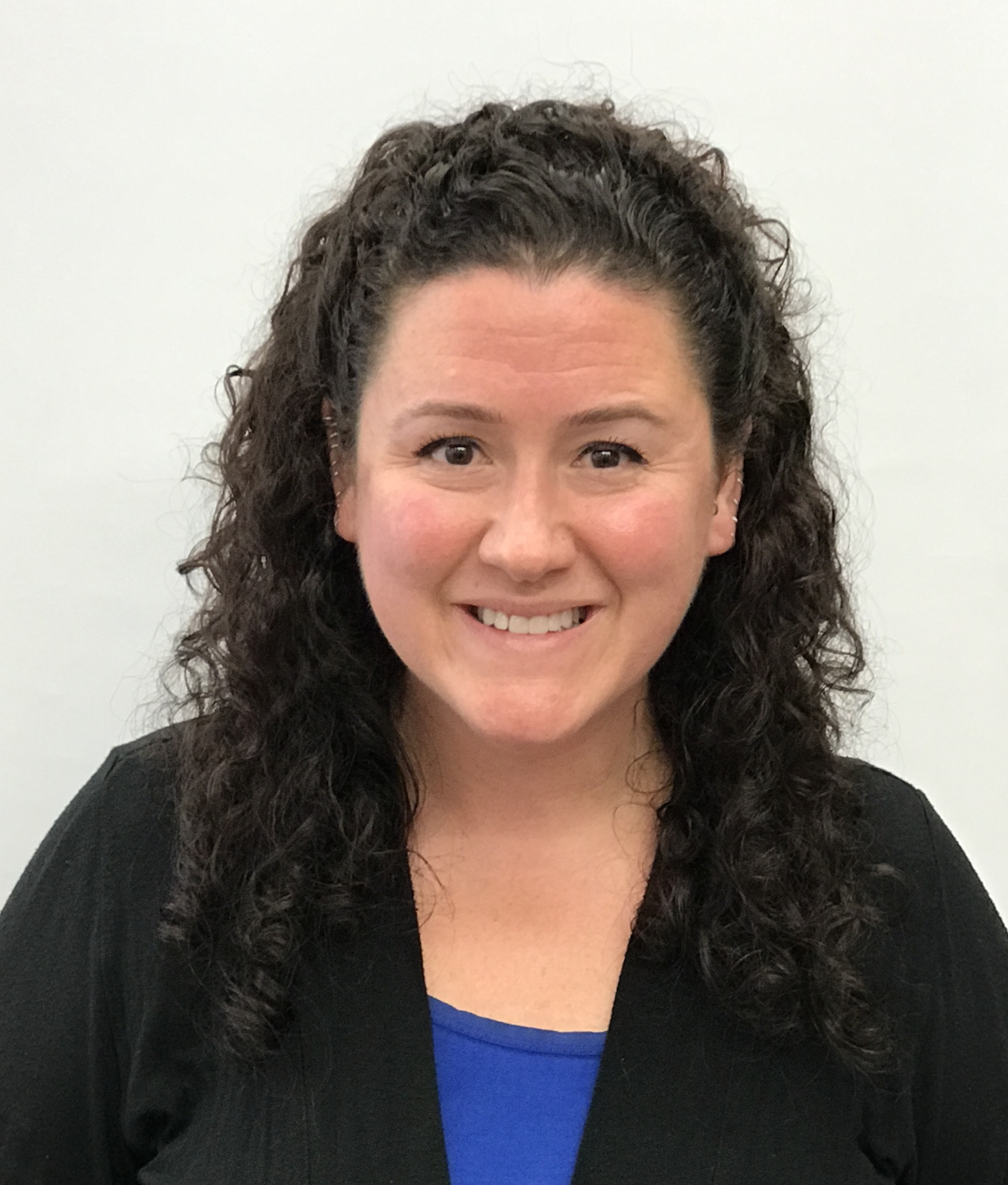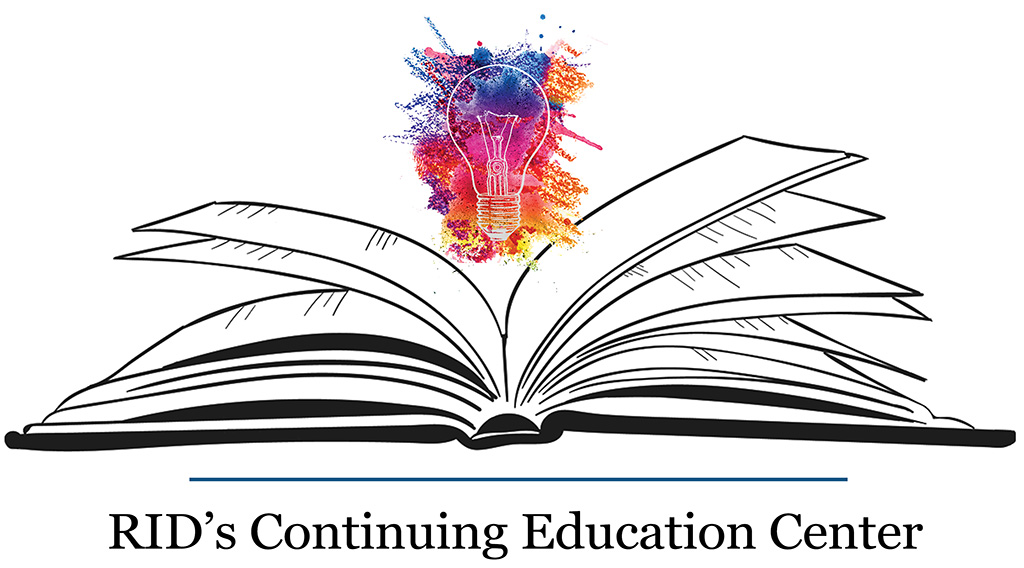
What Legal Professionals Wish Interpreters Knew
Deaf people navigating the legal system may, depending on their primary method of communication, rely on the conduit of interpretation. This session, facilitated by a Deaf attorney and a legal interpreter, will explore views on the ways interpreters can improve the process for Deaf people attempting to access the legal system. Using curated clips from interviews with deaf and hearing attorneys and professionals working with deaf clients in legal contexts; we will explore what these practitioners wish interpreters knew to be more effective.
This activity has been approved for 0.3 Professional Studies-Legal RID CEUs.

 Requests for reasonable accommodations can be made by emailing webinars@rid.org
Requests for reasonable accommodations can be made by emailing webinars@rid.org Refund and Cancellation Policy: No refunds will be issued for cancellations
Refund and Cancellation Policy: No refunds will be issued for cancellations This webinar will be recorded and will be available for future viewing by RID members
This webinar will be recorded and will be available for future viewing by RID membersRID is providing this workshop as an opportunity for safe, respectful learning and will not permit harassment, discrimination or horizontal violence based on another's comments, questions, schema, race, color, religion, gender, gender expression, age, national origin, disability, marital status, sexual orientation or any other protected class.
After this 3-hour session on working with legal professionals, participants will be able to:
1. Articulate at least three ways that legal professionals wish interpreters would adjust their practice to meet the needs of their consumers
2. Critique various commonplace practices in interpreting that are at odds with the goals of legal professionals
3. Identify the differences between criminal law, civil law, movement lawyering, and integrated advocacy

Andrea K Smith
Andrea K Smith, MA, CI/CT, SC:L, NIC
Andrea K Smith has been interpreting for over twenty years with a practice that has been primarily rooted in legal and scientific/technical fields. She currently serves as a designated interpreter on staff with the national ACLU Disability Rights Program supporting a Deaf attorney and numerous litigation and advocacy projects focused on the Deaf community.
West Resendes, JD (he/him)
West Resendes, JD (he/him)
West Resendes is a Staff Attorney in the Disability Rights Program and Policy Counsel in the National Political Advocacy Department, where he uses disability rights litigation and community-centered advocacy tools to advance the ACLU’s affirmative vision for reducing the role, power, presence, and responsibilities of police in schools and communities. Among other efforts, West is engaged in ongoing litigation to reform the statewide carceral and parole systems in Georgia for deaf and hard of hearing people. West is the first culturally deaf person to work at the ACLU since its co-founder, Helen Keller, and sits on the ACLU’s Equity, Diversity, and Inclusion Council. Prior to joining the ACLU, West earned his J.D. at Yale Law School.
-
Register
- Member - $35
